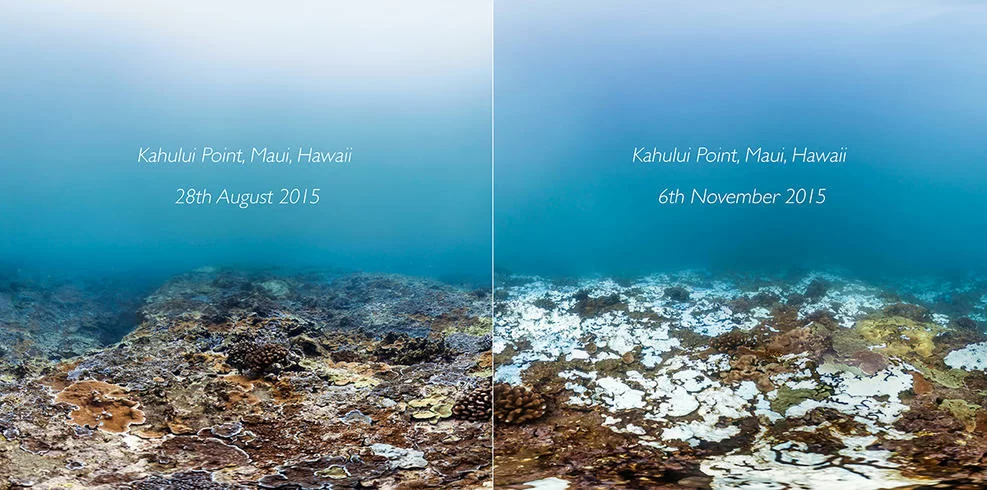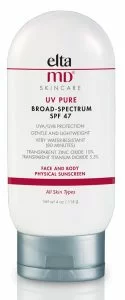Hawaii recently enacted a law that will ban several common chemical sunscreens. Although the ban does not take until 2021, many of my patients have been asking me about it. Here are some of the questions that I have heard recently.
What chemicals are being banned and why? The Hawaii law will ban the sale and distribution of sunscreens containing oxybenzone and octinoxate. These chemicals are being banned because studies show that at high concentrations they can damage marine ecosystems and coral reefs.
How common are these ingredients in sunscreens? These ingredients are found in over 50% of sunscreens on the market.
Are these chemicals dangerous to humans? The ban is due to their effects on coral reefs, NOT on humans. These sunscreens do not pose a danger to humans when used as directed.

Are these chemicals dangerous to non-marine ecosystems? The chemicals affect marine ecosystems because they bleach coral. They do not appear to have a negative effect on lake ecosystems.
What sunscreens are safe for marine environments? The best sunscreen ingredients to use in marine environments are physical blockers like zinc oxide and titanium dioxide.
Bottom line: These ingredients are safe for humans and non-marine ecosystems. Feel free to continue to use them at the lake in Minnesota. When you travel to oceanfront areas, choose sunscreens with only physical blockers to be a good environmental steward. When my family and I travel to the ocean, my go to sunscreen is Elta 47 – water resistant, applies easily and only has physical blockers.

It is still important to wear sunscreen every day especially when you are out in the hot tropical sun. If you have any questions about your sunscreen’s ingredients, be sure to ask one of our board certified dermatologists at your next appointment!
For more information on the sunscreen ban, check out this article here.
